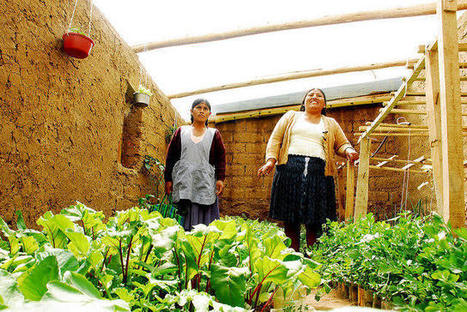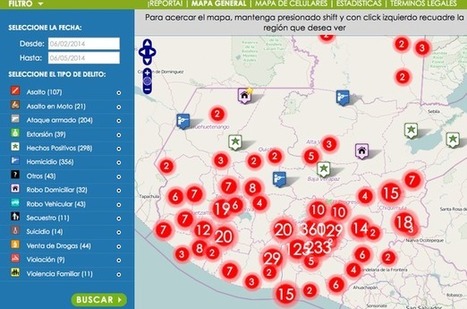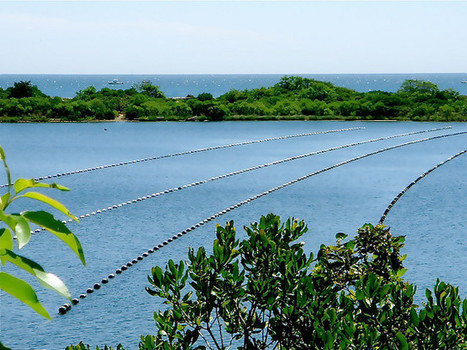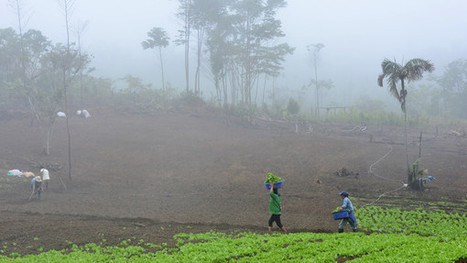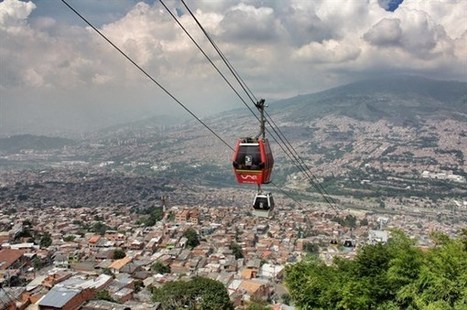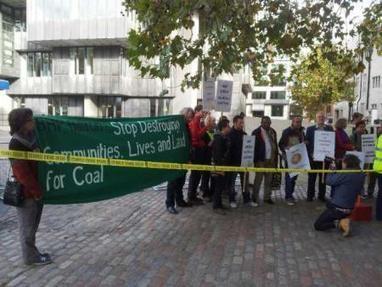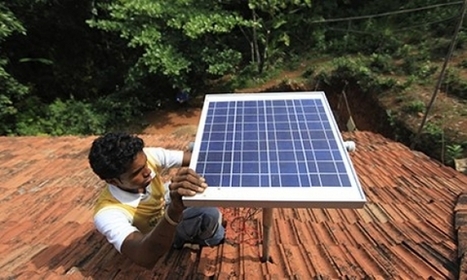Residents of suburban Sucre in the greenhouse, built with support from a government urban agriculture program. (Frank Chávez / IPS)
Get Started for FREE
Sign up with Facebook Sign up with X
I don't have a Facebook or a X account
 Your new post is loading... Your new post is loading...
Nicholas Patrie's curator insight,
December 8, 2014 6:15 PM
I did not realize that the countries of south America don't have most of the means of communication that we have here in the US. This ten year plan they have set forward to connect the countries with fiber-optics is very similar to what we have here in our country with all the different cable companies. i wonder since they have much different landscapes and geography if it will be able to set up power lines easily from country to country. i have to believe that setting up power lines through the mountains and through the amazon have to be incredibly tough and cannot be good for the environment. Environmentalists must not be too happy for this one.
Michael Mazo's curator insight,
December 13, 2014 9:43 PM
Fibre-optic cables have been a growing trend across the globe. Fibre optics bring about fast communication speeds and remove the need to rely on others for telecommunications. In building this fibre-optic mega ring South America is taking a step towards an advanced technology that will soon be adopted by everyone across the globe. This brings about more coverage and a cheaper form of communication. UNASUR decision to pass this bill will move South America that much close towards a developed region |

Shareezan's curator insight,
January 22, 2014 11:02 PM
From what i can see, they are installing solar panels in Peru and it's good for the poor. the poor can use the solar panels so that they no need to waste their money on oil fuels. oil fuel is also dangerous to people health. I think the NPHE is doing the very good thing to the poor. But solar panels are so expensive. Solar panels will help them save money, save current and a lot. I wonder where they get the money to pay for the Solar Panels? I wonder why solar panels is so expensive? they should lower down the price. |




